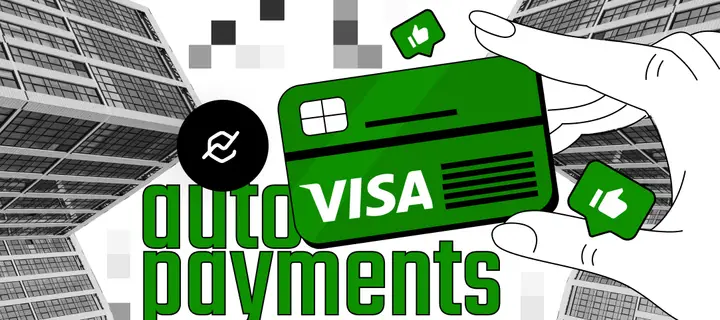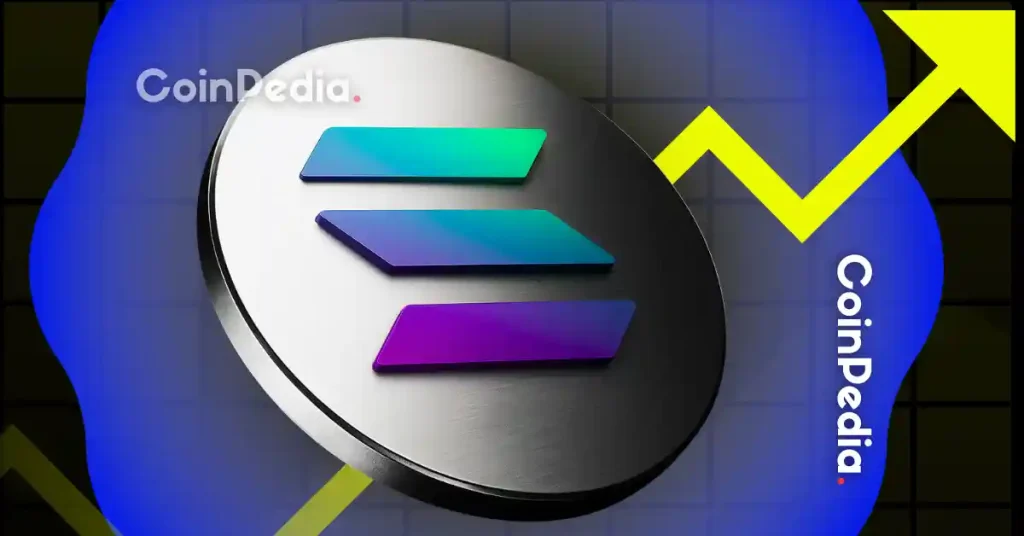
According to Visa Crypto Thought Leadership’s proposal, the payments giant plans to enable auto payments for customers using self-custodian wallets.
As blockchain adoption increases, Visa says it is time to enable recurring payments for bills on a blockchain. While paying bills via phone banking application is a common practice, Visa proposes a new way of auto payments via blockchain and smart contracts.
The user won’t need to trust a third party with recurring payments if the technology is implemented. Visa plans to roll auto payments on StarkNet, an L2 scaling solution for Ethereum.
The problem is Ethereum is designed for transactions triggered by a user, i.e., in the example of the recurring payments, every time the user must initiate the transaction:
Ethereum supports push payments but doesn’t natively support pull payments – auto payments are an example of pull payments.
Visa sees a failure of blockchain to provide auto payments and wants to change the game with an Account Abstraction (AA) proposal for Ethereum, which combines “user accounts and smart contracts into just one Ethereum account type by making user accounts function like smart contracts.” As such thing is not currently available on mainnet, Visa chooses StarkNet, Ethereum scaling solution.
Essentially, AA allows for programmable validity to verify and validate any blockchain transaction. This means that instead of hard coding validity conditions into the Ethereum protocol that will apply to all transactions in a generalized way, validity conditions can instead be programmed in a customizable way into a smart contract on a per-account basis.
Product leader at Visa Crypto, Catherine Wu, shared the news on Twitter:
The fact that the world’s tenth-largest company by market capitalization, Visa, thinks it’s worth building tools specifically for self-custody wallets is a good sign for the entire crypto industry.
More on Visa: Visa launches NFT creation tutorial for artists
Self-custody is on the rise, which became even more prominent after the collapse of FTX. The collapse of the exchange further highlighted the risks of users entrusting their assets to third parties.

 2 years ago
143
2 years ago
143















 English (US) ·
English (US) ·